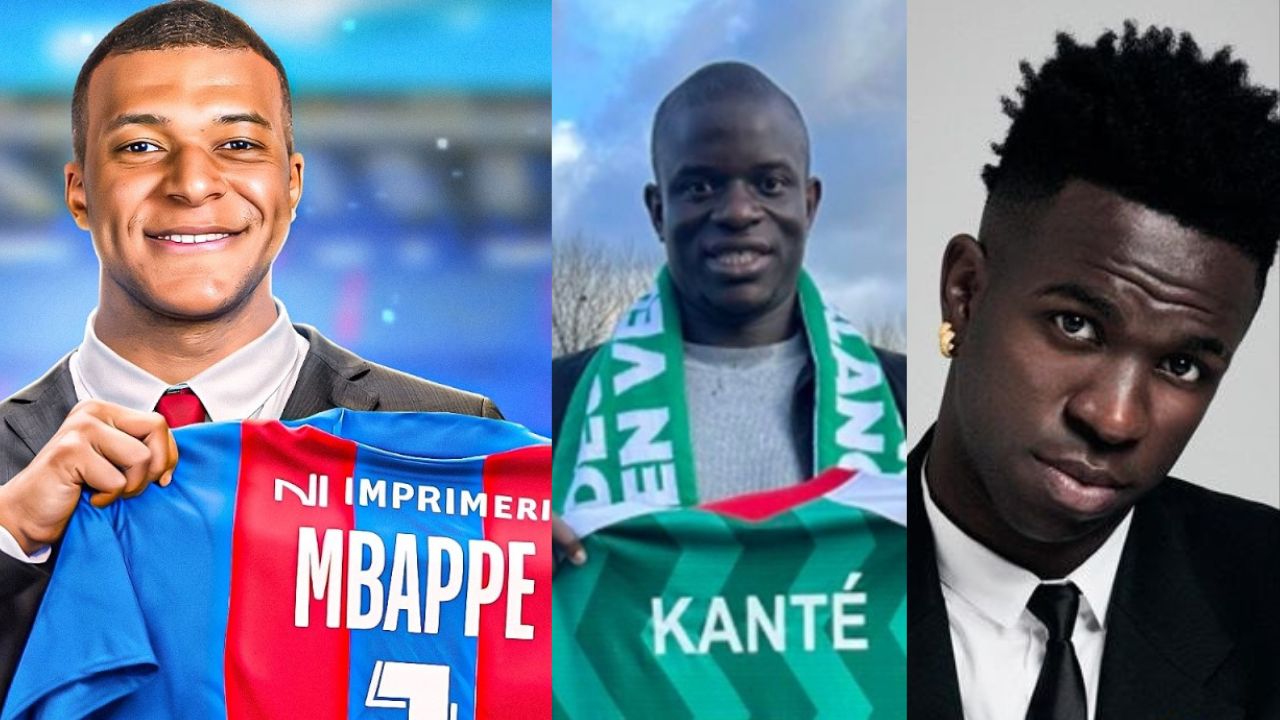
Football is no longer just about what happens on the pitch. Today’s top players are making bold moves off the field, shifting from world-class athletes to savvy entrepreneurs. A new trend is emerging: footballers investing directly in clubs. Kylian Mbappé recently became a minority shareholder in Stade Malherbe Caen, showing his commitment to supporting youth development and the club’s long-term vision. Vinícius Jr. is reportedly in advanced talks to acquire stakes in a Brazilian club with the aim of building a top-tier training academy. Meanwhile, N’Golo Kanté has already acquired Royal Excelsior Virton in Belgium, quietly stepping into the world of football ownership. These aren’t just symbolic gestures — they’re calculated strategies to build a lasting legacy in football beyond their playing years.
For these players, owning a football club means more than prestige. It’s a way to influence the future of the sport, create new opportunities for the next generation, and give back to their roots. On a personal level, it allows them to stay connected to football and diversify their assets in a meaningful way. Rather than relying solely on sponsorship deals or traditional investments, they are putting their money into a sector they understand deeply. In an era where the value of sports organizations is on the rise, especially those with strong academies or growth potential, this move makes strategic and financial sense.
But club ownership also comes with serious risks. Managing a football club is no easy task — it’s a complex business with many moving parts: high payrolls, unpredictable results, regulatory constraints, and constant pressure from fans and media. Some players underestimate the challenges and find themselves overwhelmed. Emotional attachment can cloud judgment, and without a solid business plan or the right people around them, things can quickly go south. The football world is full of cautionary tales of failed takeovers and dreams turned sour due to poor planning or unrealistic expectations.
To succeed, today’s footballers must treat club ownership like a serious business venture. They need to build strong management teams, stay grounded in financial reality, and resist the urge to make impulsive decisions based on fame or sentiment. With careful planning and long-term vision, players like Mbappé, Vinícius, and Kanté can turn their investments into successful, socially impactful projects — and show that greatness off the pitch is just as powerful as glory on it.
